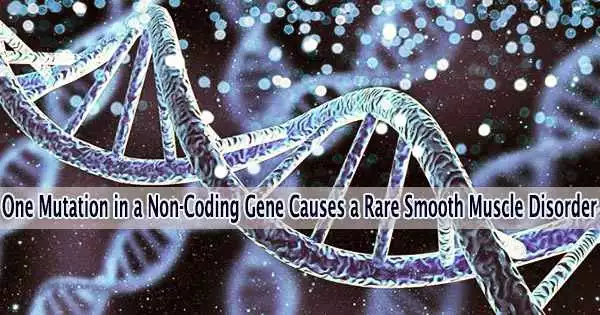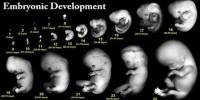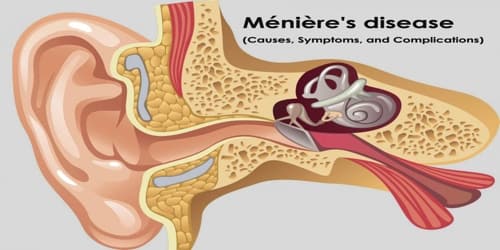In a young patient with the extremely rare disease known as multisystemic smooth muscle dysfunction syndrome (MSMDS), which results in severe cerebrovascular, gastrointestinal, and urologic impairment, a team of researchers from Massachusetts General Hospital (MGH), a founding member of Mass General Brigham (MGB), and Mass General for Children (MGfC) have discovered for the first time the mutation in a single non-coding gene.
The finding allowed the boy’s family to finally understand the riddle of a problem that had plagued their son since birth and will now allow doctors to start treatment to reduce the chance of future strokes.
The team’s findings were reported in The Journal of Clinical Investigation.
“Thousands of other families live with the burden of children with undiagnosed diseases whose lives could be significantly changed with the help of the latest research and technologies to shed light on what are often hereditary disorders,” says senior author Patricia Musolino, MD, PhD, a critical care and vascular neurologist at MGH and a globally recognized authority in MSMDS.
“The child we evaluated had been to five other hospitals before Mass General, which is part of the Harvard Clinical Site of the Undiagnosed Diseases Network(UDN) study, funded by the National Institutes of Health. Without that specialized team of experts under one roof, it would have been impossible to arrive at the diagnosis we did for this child.”
According to earlier studies, the multisystemic smooth muscle dysfunction syndrome, which stops smooth muscles throughout the body from contracting and functioning normally, is frequently linked to mutations in the coding gene ACTA2.
The condition in the case of the young MGH patient was marked by significant bowel, bladder, and feeding problems as well as numerous strokes starting at age three. Standard genetic testing did not detect a mutation in the ACTA2 gene as the source of the problem.
The child we evaluated had been to five other hospitals before Mass General, which is part of the Harvard Clinical Site of the Undiagnosed Diseases Network(UDN) study, funded by the National Institutes of Health. Without that specialized team of experts under one roof, it would have been impossible to arrive at the diagnosis we did for this child.
Patricia Musolino
MGH’s Undiagnosed Diseases Network team was the first to put all the clinical pieces together.
Co-authors David Sweetser, MD, PhD, and Lauren Briere, MS, CGC, narrowed the search to a single nucleotide variant in the gene MIR145, a microRNA gene.
The researchers then conducted a thorough molecular study, which verified that the variation has an impact on both smooth muscle cell function and the expression of several cytoskeletal proteins. The genetic breakthrough represents only the sixth recorded monogenetic disorder (resulting from the dysfunction of a single gene) attributed to the microRNA (miRNA) class of genes.
“Despite major advances in genetic testing that now allow us to routinely sequence the entire genome, large numbers of patients with suspected genetic disorders still remain undiagnosed,” notes Sweetser. “One reason for this might be that practically all genetic testing performed today focuses on protein coding genes. The UDN has allowed us to delve much deeper, beyond standard clinical testing.”
“The finding of disease-causing mutations in regulatory non-protein encoding genes, such as this microRNA, opens up a new frontier in our search for answers that can impact patient care.”
“As it turns out, the patient’s MIR145 variant actually causes the same cellular changes that result from the well-described MSMDS-causing ACTA2 variants,” says Briere.
“That finding meant we were able to identify for the first time a second gene that interacts with ACTA2 to influence smooth muscle behavior,” adds co-author Mark Lindsay, MD, PhD, an MGfC cardiologist.
“More important, though, is the impact it may have on the MGH patient, whose condition had baffled clinicians for so long,” adds Lindsay.
“The hopeful message from this case is that advanced genetic research can change the course of a disease not just for one family, but potentially for others faced with the same debilitating condition,” says Musolino. “But that will only happen if the Undiagnosed Diseases Network, which Mass General is fortunate enough to be part of, is able to significantly expand its research through NIH funding.”
Musolino is co-director of Pediatric Stroke and Cerebrovascular Service, MGfC, and assistant professor of Neurology at Harvard Medical School (HMS). Lindsay is assistant professor of Medicine, HMS.
Lead author Christian Lacks Lino Cardenas, PhD, is an instructor in Medicine at the Cardiovascular Research Center, Mass General Research Institute. Co-lead author Briere is a genetic counselor at MGH, working on the UDN study.
Sweetser is a medical geneticist, lead principal investigator of the UDN at MGH, and chief of Medical Genetics and Metabolism at MGH and MGfC.
The National Institutes of Health through the Undiagnosed Diseases Network and the Caitlin and Rich Hill Family Fund funded the study for Undiagnosed Diseases at MGH.
















